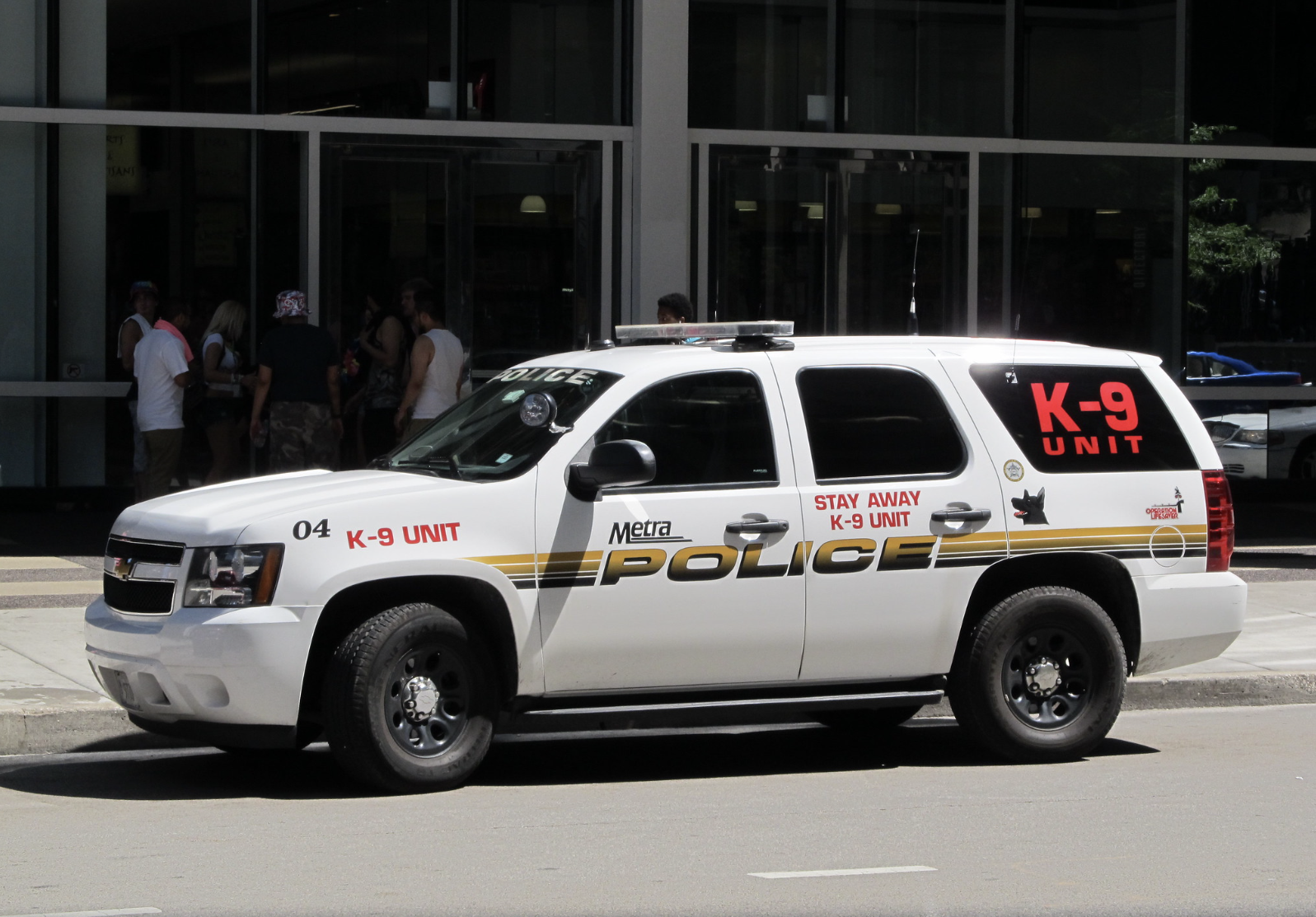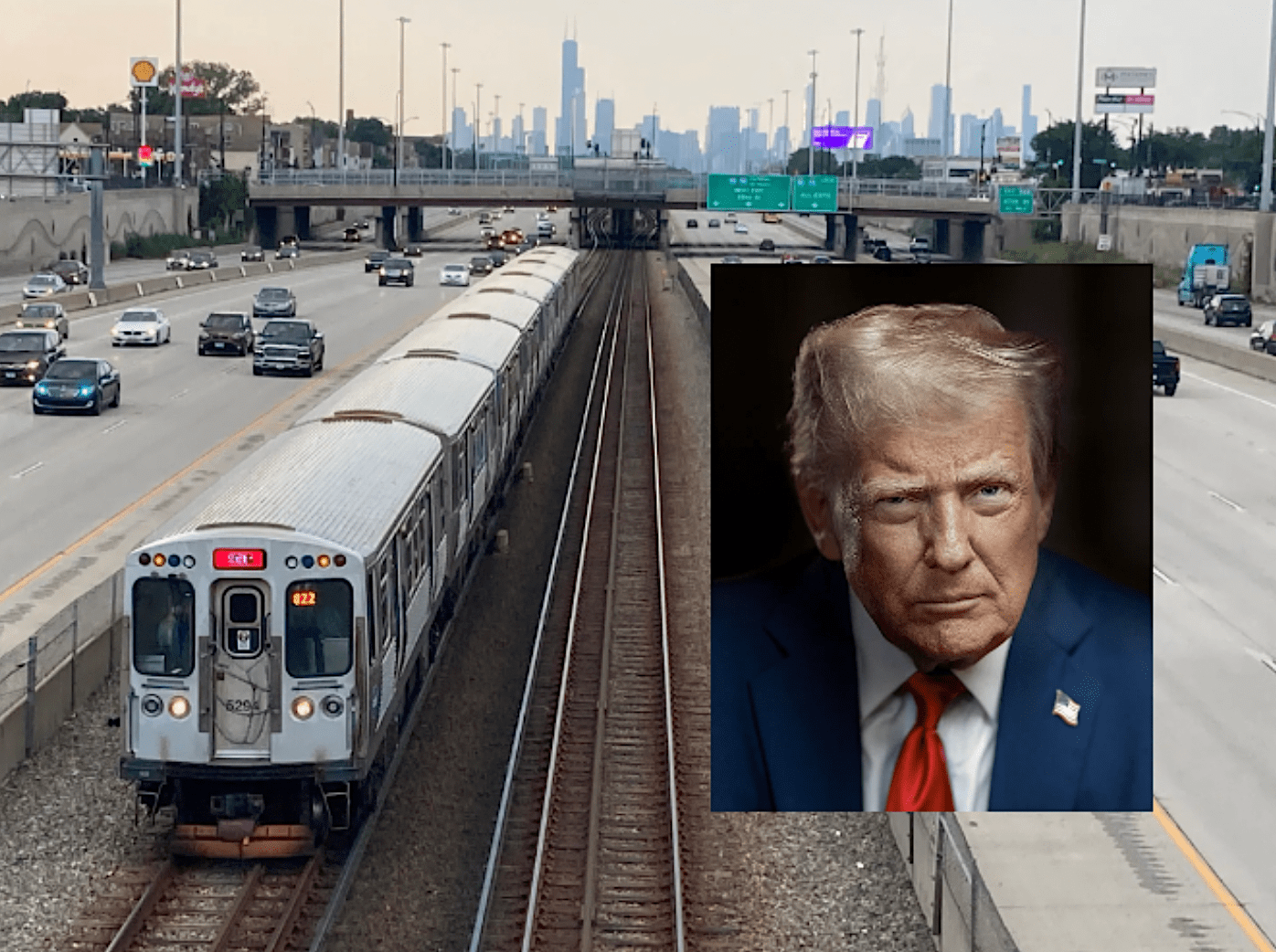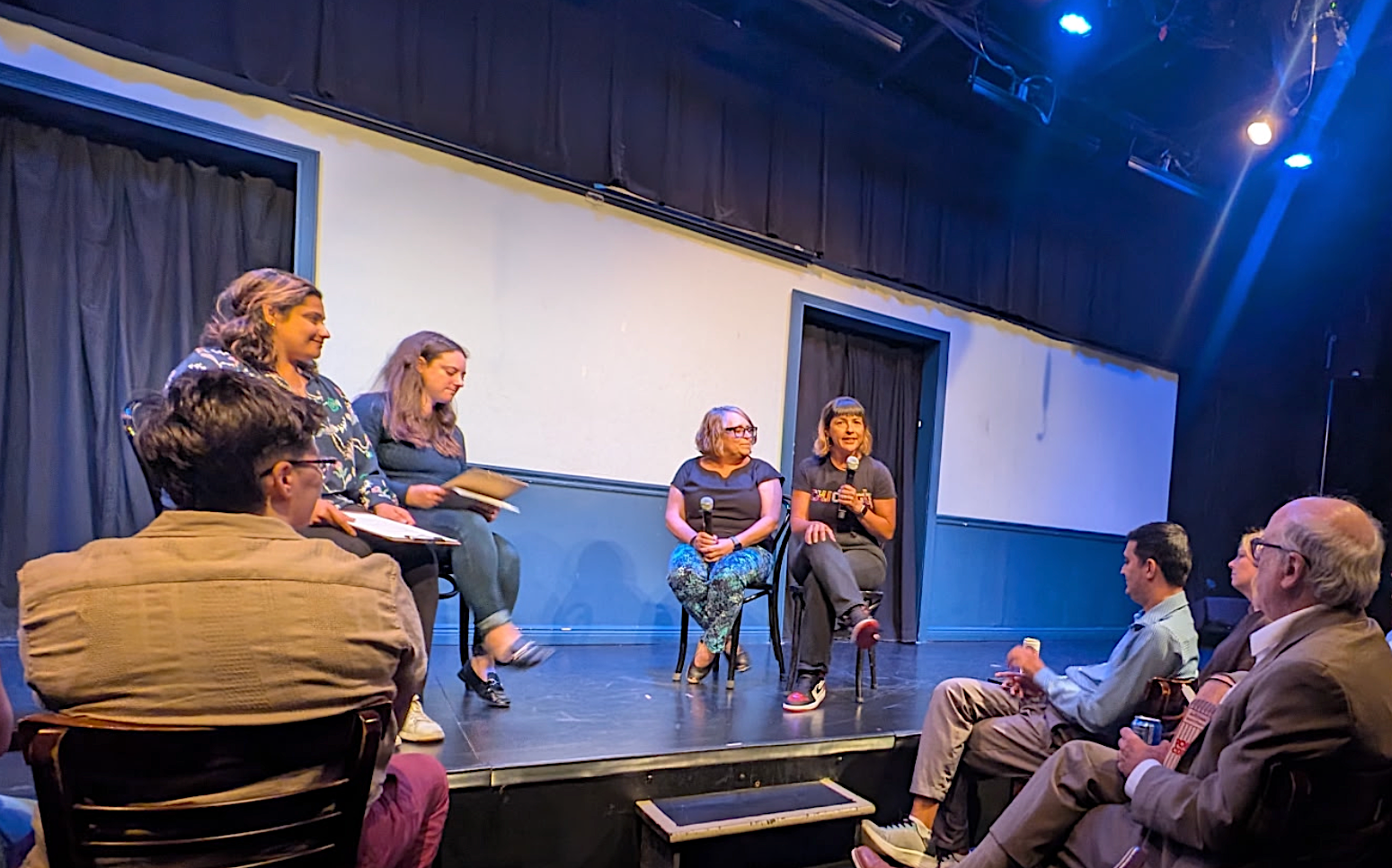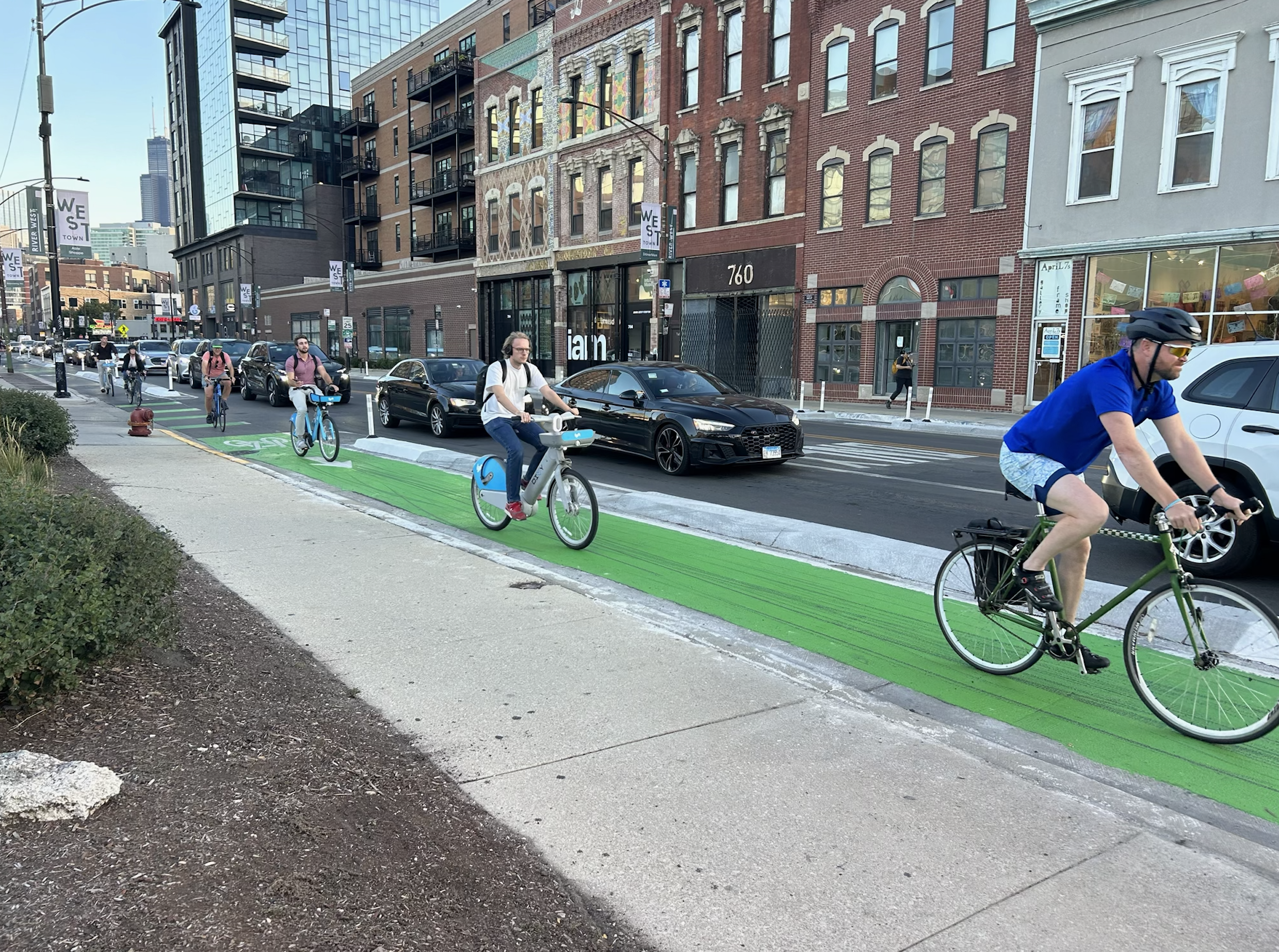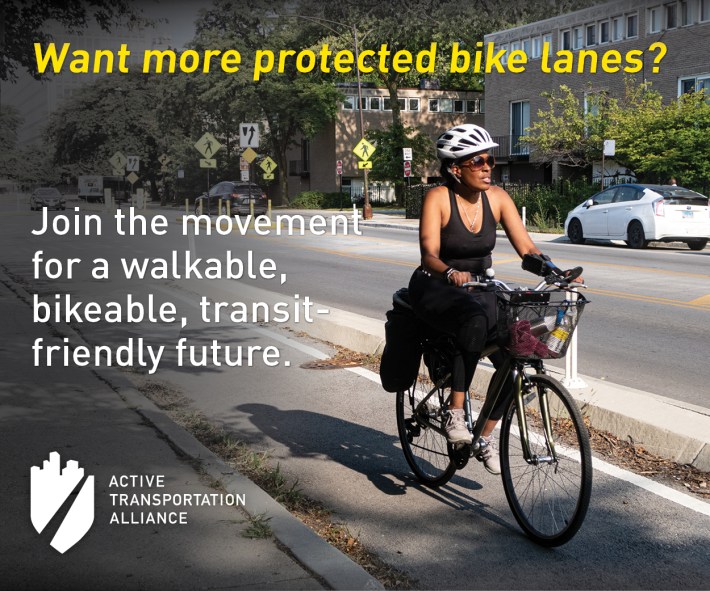
As previously reported by the Daily Herald's Marni Pike, it's come to light that Metra hired a team of outside lawyers to conduct an internal investigation of its Police Department that cost almost $1.57 million. The investigation took place due to anonymous complaints made to the commuter railroad about "disparate treatment" of employees at the force. According to a follow-up article by the Chicago Tribune's Sarah Freishtat, these allegations included "workplace sexual relationships, harassment of female officers, racism, special treatment of some officers and inconsistency in police policies."
However, Metra has not released the outcome of the investigation, having denied a public records request by the Tribune for copies of the report, citing attorney-client privilege and other Freedom of Information Act loopholes.
"It's safe to say that given the scope and cost of this investigation, given the widespread use of Metra and how many people rely on it every single day, there is a strong public interest in knowing what they found," Jack Bentley, executive director of the Elmhurst-based Citizen Advocacy Center, told the Tribune. "And I think we should start by encouraging Metra to rethink their position."
Last week, Illinois State Representative Kam Buckner (D-26th) sent a letter to Metra urging them to reverse their decision and release the information to the public. "At a time when fiscal constraints require us to scrutinize governance, operations, and agency structures, this lack of transparency raises serious concerns."
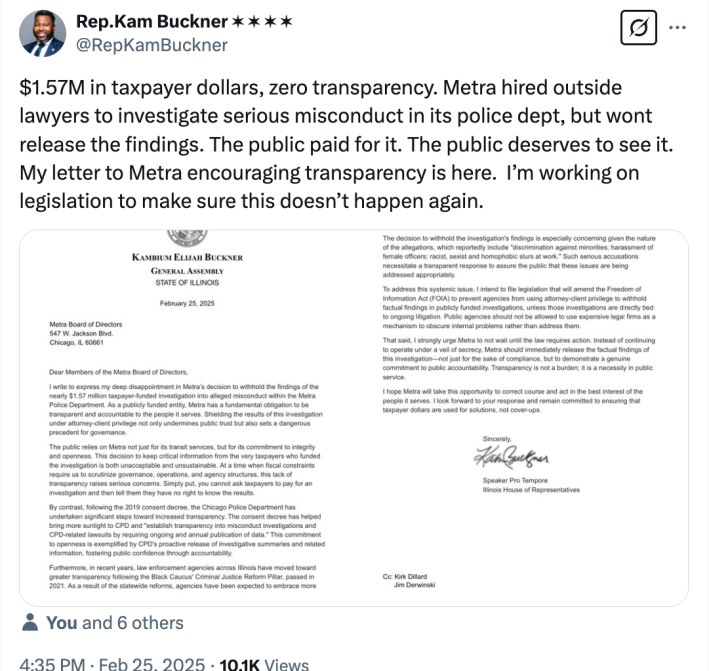
Last week, Streetsblog talked to Rep. Buckner for an update on what's going on. This interview has been edited for clarity and brevity.
Cameron Bolton: So, how did you learn about the nearly 1.57 million taxpayer-funded Metra investigation?
Kam Buckner: I initially learned about it from the Daily Herald a few weeks ago, and then the Tribune followed up with a more in-depth story. So, that was my first time even hearing about it.
CB: What was your first response to learning the news?
KB: I was shocked. I was shocked that in 2025, we could have a system that is so opaque that a public entity could go and use extra public dollars to do an investigation that should be public. It was a slap in the face to all taxpayers in the region. It was a slap in the face of those in Springfield today having conversations about funding and the economic picture for our transit agencies. And to hear this now that there are two pieces to it, Cameron. One, there is an inspector general that Metra could use and that's already paid for. Metra also has a legal team. So the first question was, why did they feel they had to go outside those already taxpayer-funded functions to investigate this?
[According to the Tribune, a Metra spokesperson told the paper that in 2022 complaints about behavior at Metra Police Department were filed with the Illinois Office of the Executive Inspector, which turned them back over to the railroad to investigate. Therefore, Metra did didn't think it made sense to refer more recent complaints about its police force to the inspector general's office.]
And after they deemed it necessary, why are they hiding their investigation? It is a smack in the face to the people paying the bills.
CB: I take it that's why you wrote a letter to Metra.
KB: My initial conversations were before that letter. I began to speak with the Better Government Association about things we could do differently to avoid this from happening again. We talked about what kind of legislation we can put together to close any loopholes so that not just Metra but any public body that uses public dollars for a public investigation understands that those results need to be public, too. So we put together some general legislation and began working through it, but we also wanted Metra to know it was highly disappointing. To say that even though we are working on legislation, the right thing for them to do would be to release the findings of fact, not just because they're compelled to do so by the law, but because it's the right thing to do for the people who they are supposed to be serving.
CB: Have you heard any updates from Metra about what they are going to do?
KB: I have not heard back yet. I sent the latter earlier this week. Today is now Friday. We got a weekend coming up. I don't know that I'll hear back before the weekend is over, but I fully expect a response from them at some point in the very, very near future.
CB: Has the need for transparency increased in recent months?
KB: The need for transparency has always been paramount, privileged, and an important piece of the puzzle, but I think there is some increased scrutiny just on the fact that people want to know what their government is doing, what their public entities are doing. There was, in the past, a history of not being accountable from back in the years that Metra has seemed to have moved past, but this really is a reminder of that sordid past. And I'll also say this was about the police, the Metra Police Department. I've spent a lot of time on criminal justice reform in Illinois and making sure that not only our communities are safe and that law enforcement has the tools that they need to do their job, but also that they have the parameters in place to be accountable to the people that they serve. So, there is an extra sensitivity to me around some of this law enforcement and police work. I mentioned in the letter that the Chicago Police Department has really done an impressive job of trying to move away from its past when it comes to not being transparent on investigations, and it's sad to see Metra going the opposite way on this.
CB: Do you have an example of past lack of transparency with Metra?
KB: Anybody with a computer can Google it. You look, in the early and mid-2000s, there were some questions about finances and who's being paid, and all those things, and I won't go deep into whether those things have been settled legally or not, but you can take just a little bit of time and look at the past history. It's not been very transparent or accountable, but once again, Metra, in my perception, had to do the work to move away from that reputation, and I was happy and proud of that. This seems like a step backwards.
CB: In your letter, you mentioned that you're trying to amend the Freedom of Information Act so that Metra or entities like it won't be able to hide behind attorney-client privilege when situations like this come up. Can you tell me a little bit more about how that's going?
KB: We're still working on the language. We're gonna spend some time the next couple of days, time tightening it up, but I fully expect that we will have some version of a bill in the next week or two, and we'll file that immediately and begin to try to have conversations on it with the General Assembly. But you know, we want to ensure we are doing the right thing long-term so that this does not happen again.
Read the Daily Herald article here.
Read Chicago Tribune coverage here.
Read Rep. Buckner's letter here.

Did you appreciate this post? Streetsblog Chicago is currently fundraising to help cover our 2025-26 budget. If you appreciate our reporting and advocacy on local sustainable transportation issues, please consider making a tax-deductible donation here. Thank you!
